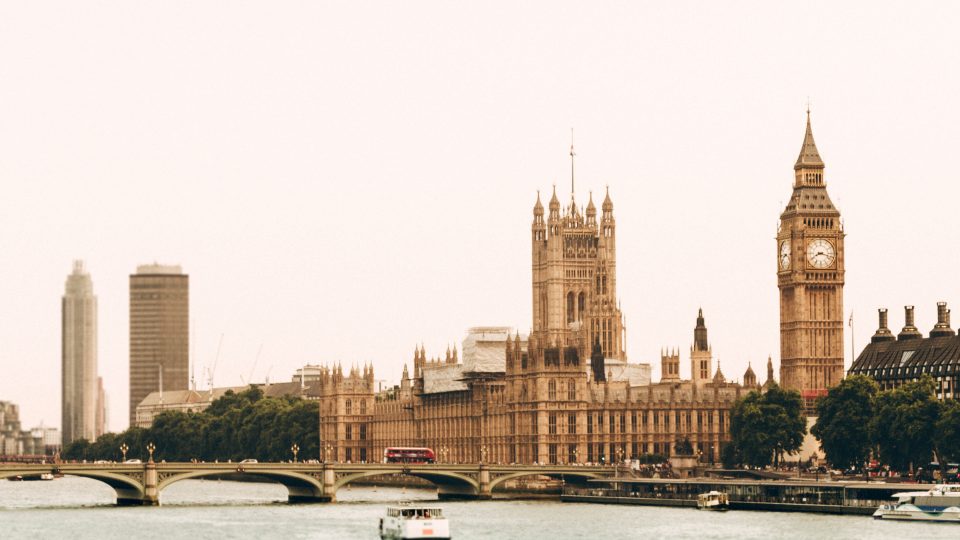UK Parliamentary Group to Explore NFT Regulation
The UK Parliament is seeking to better understand the world of NFTs. Largely unexplored by UK lawmakers until now, the parliamentary committee heading the inquiry wants you to give your evidence.
NFTs and crypto aren’t subjected to the same level of scrutiny and regulation as fiat money and traditional banking. In the UK, NFT regulation is pretty non-existent. Is the new prime minister the catalyst for this changing now?
The situation around NFTs in the US is similar to the UK. There aren’t specific regulations. However, some crypto/NFT assets may fall under existing federal laws. SEC (Securities and Exchange Commission), for example, views some asset types as digital asset securities, meaning they fall under the rules and regulations of this federal body.
This lack of regulation is seen by much of the crypto and NFT community as an advantage. Those who champion the decentralised nature of crypto trading appreciate the freedom to execute transactions without having to meet strict criteria.
On the flip side though, minimal rules around crypto can cause concern. Lots of investments and trades in the crypto space involve a significant amount of fiat money. If you are subject to fraudulent behaviour, or your wallet is hacked, you could be without help. Fortunately, there are exchanges that offer a level of insurance against this. Security and protection is an important consideration whenever participating in crypto dealings.
Whilst a lot of crypto and web3 enthusiasts prefer the idea of being left alone by government, allowing them to remain in charge of their own dealings, this can be detrimental. Without ruling powers getting to grips with new technologies and systems, some fantastic opportunities can be missed.
Sunak & Crypto
The new prime minister, Rishi Sunak made it known in recent times that he is a keen supporter of crypto. In April, during Sunak’s time as Finance Minister, the government announced it planned to make the country “a global cryptoasset technology hub”. This plan was headed up by Sunak. It aimed “to ensure firms can invest, innovate and scale up in this country”.
Sunak explained that effective regulation could help the businesses of tomorrow to invest long term, creating jobs and opportunities throughout the UK. Last summer, the now prime minister also revealed his idea to develop a central bank digital currency (CBDC), or “britcoin”. A taskforce was assembled to support the exploration of CBDC, looking into how digital currency could work in the UK.
The Financial Services and Markets Bill was also introduced to parliament in July this year. This bill would allow local governments to regulate cryptocurrency. This bill is still under review.
With Rishi Sunak now in charge of the current government, it’s not a surprise that parliament are now launching an inquiry into NFTs and crypto.
UK Inquiry into NFT Regulation
The Digital, Culture, Media and Sport Committee (part of the UK parliament) announced last Friday that it would be inquiring into NFTs and the blockchain technology that underpins them. This is with a view to protect investors and users, as well as identify the benefits NFTs could provide the UK economy.
Some concerns of the DCMS around NFTs were presented in the announcing statement last week. It stated its fears that “overvalued assets may be dumped on ‘greater fool’ investors”. A key concern was how investors, particularly “vulnerable speculators”, could be put at risk by the market. It also references the dramatic drop in NFT sales over the last year. Namely, it sites former Twitter CEO, Jack Dorsey’s first tweet selling as an NFT for $2.9 million last year, and the fact it resold for just $280 earlier this year.
Most of the public know NFTs to be digital artworks, such as the popular Bored Ape Yacht Club NFT range. These colourful digital images became incredibly popular collectibles among celebrities last year. Digital artwork certainly isn’t the only kind of NFT, though.
In fact, there are many types of NFT. These non-fungible tokens could be linked to secure medical databases, a means to quickly buy real estate, as well as fractional royalty sharing tokens. There is a lot of potential and opportunity surrounding NFT technology. The UK government familiarising itself with crypto and NFTs could make it a safer landscape, as well as changing the way some things are done for the better.
Of course, these are big statements, and we’ll have to wait and see what the impact of the inquiry is in due course.
Submit Your Evidence
The deadline for this inquiry is 6th January 2023. The DCMS wants to hear people’s views on NFTs and crypto, inviting the public to submit their thoughts.
By having people submit their evidence to the inquiry, the DCMS hopes to glean insight into four key questions:
- Is the UK’s light-touch NFT regulation sufficient?
- What are the potential harms to vulnerable people of NFT speculation?
- Do blockchains offer security to British investors?
- What are the potential benefits to individuals and society of NFT speculation?
Any evidence submitted by a person or organisation must not have already been published. This includes blogs, journals, newspaper articles, or websites, for example.
